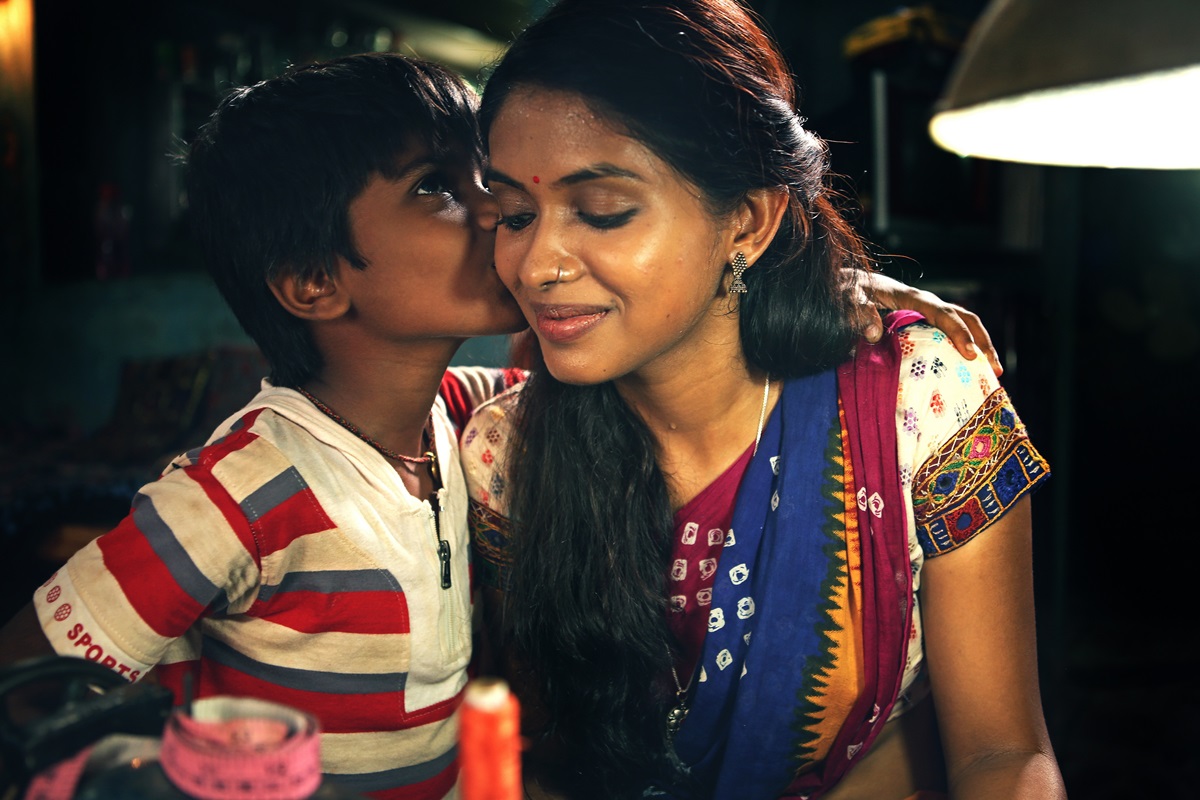Rakeysh Omprakash Mehra’s Mere Pyare Prime Minister tells the story of an 8-year-old boy who decides to take things in his own hands and bring a change in the society after his mother is raped when she goes out to answer the call of nature.
Commenting on the incidents of violence against women, National Award winning actor Anjali Patil, who plays the role of the single mother in the film, spoke about how society needed to display more sensitivity towards the victims of eve teasing, molestation and sexual assault.
She recalled how a co-passenger in a bus had once inappropriately touched her during a trip. Anjali was only 17 at that time.
The Newton actor said she faced eve-teasing and unwanted glances since the age of 16 as she moved around as a single independent girl.
“I remember one night I was travelling from my drama school at Pune to my parent’s house at Nashik in a night bus. It was 1’o clock and I was half-asleep when I felt my co-passenger touching my back,” Anjali said.
“I was a student of probably 17-18. I got up with a jolt and I started slapping him,” she said during a conversation with thestatesman.com in New Delhi on Tuesday.
Highlighting the apathy with which the society reacts to such incidents, Anjali said no one came to help her.
“I told the man to get out (of the bus) and he simply picked his bags and went to the backseat. Nobody even cared,” she said.
The actor, who dedicated the National Award she won for the film Na Bangaaru Talli to survivors of human trafficking, said: “We, as a society, just want to be safe ourselves and don’t want to get involved even when we see such incidents around us.”
“We keep quiet and just go our way. That’s the society we live, and it can be any of us. I am not pointing fingers – even I can be the one saying ‘this is not the right moment’ (to stand up). But that’s the point when we should stand up. That’s the point, while we live our ordinary ideas of ourselves thinking we have no power, when we can become extraordinary as individuals and societies,” said Anjali.
Speaking about how she was emotionally exhausted while shooting the rape scene that forms the climacteric moment in the film, Anjali said all she could do as an actor was try to go close to the pain and suffering of someone whose honour had been violated.
The 31-year-old, who already has 18 films to her credit, said MPPM was a story of “really ordinary people who become extraordinary trough their courage”.
She said how the people of Ghatkopar, one of the real locations where the film was shot, welcomed the cast and crew with warmth in spite of their daily life of struggle.
“There is no water, and they have to go down to fetch it. There is a lack of toilets. Fetching water going up and down 20-20 litres of heavy bucket daily is their reality,” she said.
Anjali has done two films centred on Naxalism – Chakravyuh in 2013 and Newton in 2017. Commenting on the Naxal situation in the country, she said: “People get into Naxalism because, as Malko says in Newton, ‘the state has disappointed them’. But it is not just the system, we, as a society, have disappointed generations.”
Anjali also said since most of them were brainwashed with stories of injustice on them, it was important that work should be done towards giving them “education, hope, right perspectives, jobs and honest way of living”.
Citing the example of a graduate tea stall owner, the actor said: “We need to figure out jobs and education.”
“If we start addressing the so-called injustice which is happening then why would anyone pick up guns?”
The actor added that women, too, needed equal opportunities as well as economic and social liberties.











